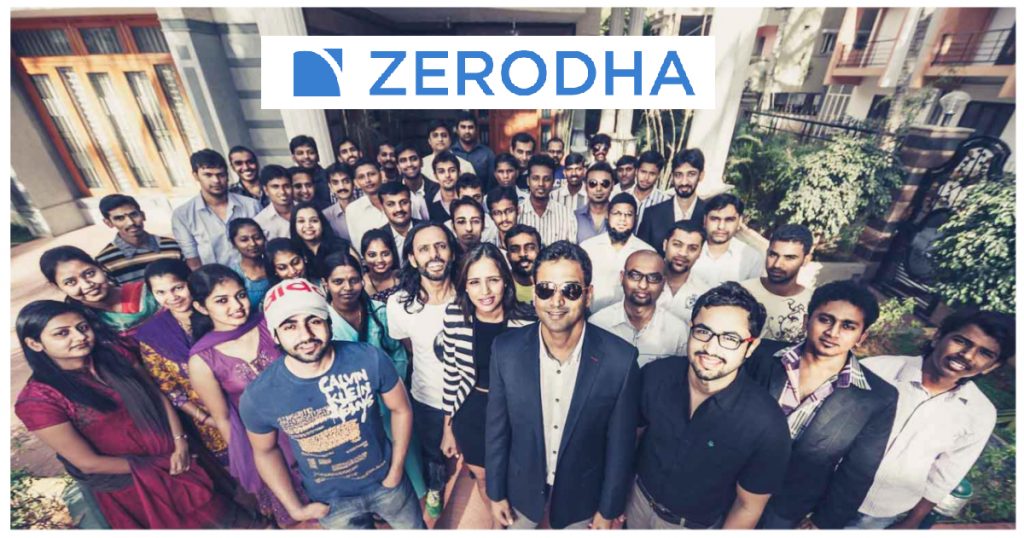Zerodha isn’t just unique for being one of the handful of profitable tech startups in India — it’s even more unique in how it got there.
Zerodha made a profit of nearly Rs. 70 crore per engineer in FY22. Zerodha made a record profit of Rs. 2,094 crore last year, while having a tech team of just 30 members. This translated into a profit of Rs. 70 crore per engineer.

Zerodha has a remarkably small tech team for its scale. Zerodha has more than 1 crore customers, and as per SimilarWeb data, its website is the 55th most visited website in India. Nearly 20% of Indian stock exchanges’ daily retail trade and investment volumes pass through its platforms. But Zerodha’s tech infrastructure is run by a team that’s can comfortably fit into a medium-sized meeting room.
“That a 30 member tech team has built and scaled a complex financial + stock broking stack from the ground up, built a whole suite of financial software for end users that people actually appreciate in an extremely complex, constraining, and rapidly changing regulatory environment, with zero prior industry knowledge, is quite a feat,” Zerodha CTO Kailash Nadh had written in a blogpost in 2020.
“The tech team has two mobile developers, two designers, two frontend developers, one test engineer, one devops engineer, and one liaison who helps us keep track of communication with other sprawling departments,” Nadh adds. “The rest of us, including the aforementioned members who focus on specific areas, are fullstack developers who do pretty much everything. There are no dedicated project or product managers, and developers step up to these roles and natural leaders emerge. Products and technologies are built, maintained, and owned by small teams of two to four developers, and there are several overlaps between these micro teams,” he says.
Interestingly, while Zerodha might be a stock broker, its tech employees don’t have any expertise in finance. Even more interestingly, most of the team joined Zerodha as their first job. “Nobody in the team has any background in finance, and apart from a handful of developers, most have no prior work experience either. Everyone has been a hacker or a hobbyist straight out of college. What colleges, neither do we ask, nor do we keep a track of,” he adds.
Zerodha makes some other unconventional choices with its hiring as well. The company has never hired anyone from IIT or IIM, with Zerodha CEO Nithin Kamath saying that people with prestigious degrees often chase career growth over what’s best for the company. Zerodha also has a vanishingly small attrition rate, with no more than 3-4 employees having left the company over the last decade.
But Zerodha’s unconventional approach seems to working. While most venture-funded startups are languishing with thousands of crores of losses, Zerodha is one of the most profitable startups in India, and raked in Rs. 2,094 in profit last year. While most unicorns have tech teams the size of a small army regiment, Zerodha’s tech team is all of 30 members. And while most tech workers move from job to job in search of higher paychecks, Zerodha seems to have managed to retain the same tech team to work with the company for a decade. These are approaches that few other startups in the country appear to be taking, and with Zerodha’s outsized success, can serve as inspiration in company-building for India’s startup ecosystem as a whole.
